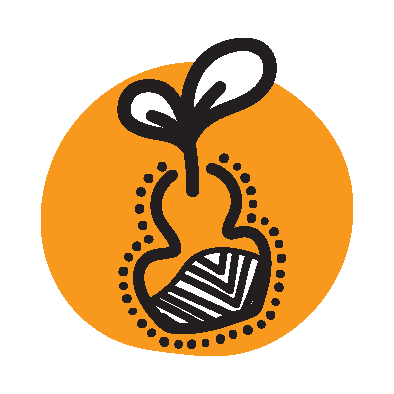
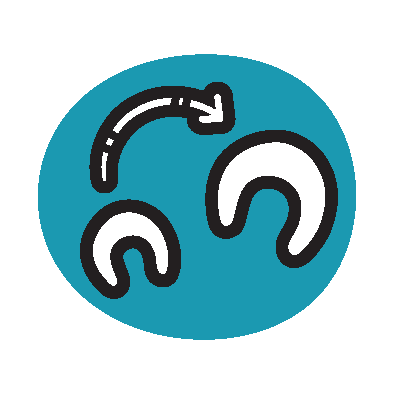 |
Connection with curriculum |
|---|
This topic relates to the concept: cultural competence
Examine Aboriginal and Torres Strait Islander key concepts of health and wellbeing and the influence of culture, family and connection to country in Intensive Care Medicine.
Introduction
Aboriginal and Torres Strait Islander Peoples have a holistic view of health. The holistic view incorporates the physical, social, emotional and cultural well-being of individuals and their communities. In this topic, you will learn about the concepts and constructs of an Indigenous-oriented approach to health and reflect on the implications of using a holistic health approach in intensive care medicine.
The current significant disadvantage regarding health and social determinants for Aboriginal and Torres Strait Islander Peoples is well recognised, and this is the case for many reasons. Still, ill health has not always been Aboriginal and Torres Strait Islander Peoples’ story. For many thousands of years, before colonisation, Aboriginal and Torres Strait Islander Peoples enjoyed optimal health and well-being and had ways to remain healthy and strong.
For Aboriginal and Torres Strait Islander Peoples, health is sophisticated and is much more than the absence of illness; it is a holistic and comprehensive concept that includes the physical, social, emotional, cultural, spiritual and ecological well-being of the individual and the community. This is at odds with mainstream biomedical models and is not built around specialities or body parts, in contrast to the mind/body dichotomy of biomedicine.
When the physical, social, emotional, cultural, and spiritual domains are disrupted, Aboriginal and Torres Strait Islander Peoples ill health will persist. An improvement of Aboriginal and Torres Strait Islander health depends upon more holistic systems; and a holistic approach to delivering services.
The Aboriginal and Torres Strait Islander concept of health holism should be an underlying principle and philosophy of policy, program development, service delivery, strategies, and practice.
Aboriginal definitions of health
‘Aboriginal health’ refers to not just the physical wellbeing of an individual but also to the social, emotional, spiritual and cultural wellbeing of the whole community in which each individual is able to achieve their full potential as a human being, thereby contributing to the total wellbeing of their community (Gee et al., 2014). Indigenous views on and knowledge of health and wellbeing may be beneficial for all people, not just Indigenous Peoples. For example, the emphasis on community wellness and medicine in Indigenous societies could be further explored for the potential health benefits it may offer to all people (both Indigenous and non-Indigenous).What are the implications for health?
Indigenous models of health encompass determinants that range beyond those considered within a biomedical model of health. Therefore, health professionals trained in mainstream models of health through university will not gain a comprehensive understanding of Indigenous models of health until they are in their specialist fields.
Caution:
- Indigenous health professionals in your organisation are not only health professionals but also carry a wealth of historical, social, cultural and community expertise. Utilising their expertise will enhance cultural safety within the workplace and health system.
- However, they should not carry the whole weight of teaching/advising others in the workplace. Indigenous health professionals should be invited to contribute rather than expected.
The difference between Cultural Safety and Aboriginal and Torres Strait Islander health
Aboriginal and Torres Strait Islander Peoples are expected to be responsible for Aboriginal and Torres Strait Islander programs and making the enabling environment culturally safe (dealing with racism and institutional barriers). This unrecognised double duty contributes to a higher burden of emotional labour, workplace stress, and potential burnout for Aboriginal and Torres Strait Islander staff than non-Indigenous workers. An example of this unrecognised double duty is policymakers and executives confusing Aboriginal and Torres Strait Islander programs and safety as the same thing and expecting Aboriginal and Torres Strait Islander workers to be responsible for both but only get paid for one. Aboriginal and Torres Strait Islander programs and Cultural Safety are not the same things. Leadership often expects Aboriginal and Torres Strait Islander people to do both in a culturally unsafe organisation. They may think of Aboriginal and Torres Strait Islander programs as including Aboriginal and Torres Strait Islander people in a white paradigm. What they do not understand is Cultural Safety requires a categorically different approach.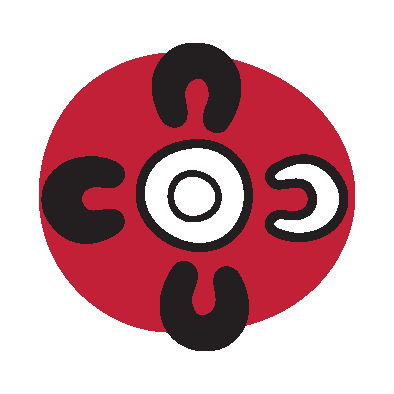 |
Activities to facilitate learning |
|---|
The following activities will enhance your learning on this topic.
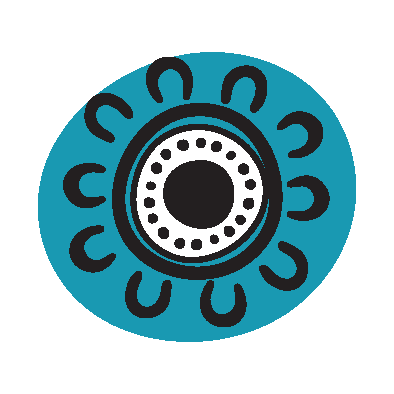 |
Read |
|---|
- Read the resource on end of life care for Aboriginal and Torres Strait Islander Peoples
- Read the article by Dudgeon et al. (2017)
 |
Listen |
|---|
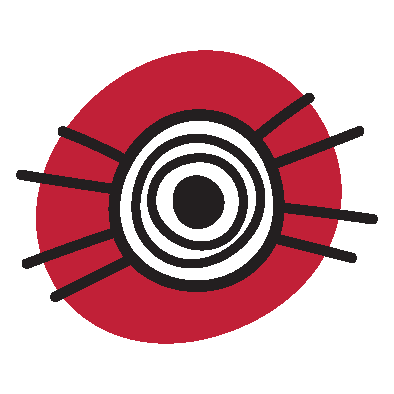 |
Additional recommended resources |
|---|
- Read the article by Stephens (2003) (link to ANZCA library)
- Find out about Dadirri (deep listening)
- Read about cultural determinants-driven health policy
- Listen to some ICU survivor stories

